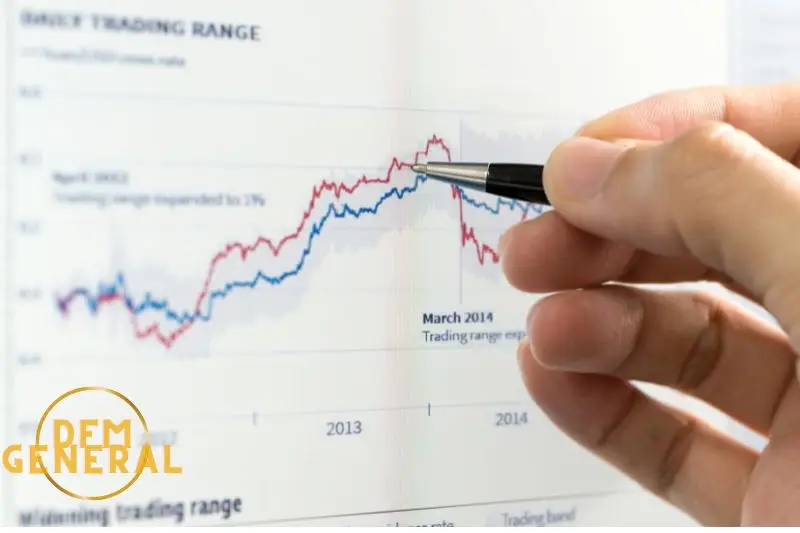FTSE AIM 100: A Promising Investment Opportunity in the UK
The FTSE AIM 100 is a stock index that tracks the performance of the top 100 companies listed on the Alternative Investment Market (AIM) in the United Kingdom. The AIM market is known for hosting smaller, growing companies with high potential for future growth.
Investing in the FTSE AIM 100 can offer investors exposure to a diverse range of sectors, including technology, healthcare, and consumer goods. These companies often have innovative business models and disruptive technologies that set them apart from larger, more established companies.
With its focus on smaller, high-growth companies, the FTSE AIM 100 has the potential to deliver significant returns for investors willing to take on some risk. Consider adding this index to your investment portfolio for exposure to exciting opportunities in the UK market.
Opening hours FTSE AIM 100
The FTSE AIM 100 is the London Stock Exchange’s market for small and growing companies. It operates from Monday to Friday, with trading hours from 8:00 am to 4:30 pm GMT.
Why invest in the FTSE AIM 100
Investing in the FTSE AIM 100 offers investors exposure to some of the fastest-growing companies in the UK. These companies have the potential for high returns, although they also come with higher risk compared to more established companies.
Major stocks on the FTSE AIM 100
Some of the major stocks listed on the FTSE AIM 100 include Jubilee Metals Group, Blue Prism Group, and Dart Group Plc. These companies span various industries such as technology, mining, and aviation.
Stock index in United Kingdom
The FTSE AIM 100 is just one of many stock indexes in the United Kingdom. Other notable indexes include the FTSE 100, which consists of the largest companies listed on the London Stock Exchange, and the FTSE 250, which includes medium-sized companies.
FTSE AIM 100 in United Kingdom
The FTSE AIM 100 is a regulated index in the United Kingdom that tracks the performance of the top 100 companies listed on the Alternative Investment Market (AIM). The AIM is a sub-market of the London Stock Exchange that allows smaller, growing companies to raise capital by listing their shares publicly.
Regulated Index
- The FTSE AIM 100 is regulated by the Financial Conduct Authority (FCA) in the UK to ensure transparency and fairness in its calculation and composition.
- Companies included in this index must meet certain criteria set by the FTSE Group, such as market capitalization, trading volume, and financial viability.
- This regulation helps investors make informed decisions based on the performance of companies that have been vetted and deemed suitable for inclusion in the index.
Performance Tracking
- The FTSE AIM 100 provides investors with a benchmark to measure the performance of smaller, growth-oriented companies listed on the AIM.
- By tracking the top 100 companies on the AIM, this index gives insight into how these companies are performing relative to each other and to broader market indices.
- Investors can use this information to assess their investments in individual stocks or funds that track the FTSE AIM 100.
Investment Opportunities
- Investing in companies listed on the FTSE AIM 100 can provide opportunities for growth and diversification in a portfolio.
- These smaller companies may offer higher potential returns compared to larger, more established firms but also come with higher risks due to their size and stage of development.
- Investors interested in accessing these opportunities can do so through various financial products linked to the FTSE AIM 100 index.
FTSE AIM 100 Stock Indice in United Kingdom
The FTSE AIM 100 index is a stock market index that tracks the performance of the top 100 companies listed on the Alternative Investment Market (AIM) in the United Kingdom. These companies are smaller, growth-oriented businesses that offer investors an opportunity to invest in dynamic and innovative sectors.
If you’re interested in trading stocks on the FTSE AIM 100 index, you can sign up for an account on a English stock trading platform. Here’s how:
- Choose a reputable stock trading platform: Look for a platform that offers access to UK markets and has a user-friendly interface.
- Create an account: Sign up with your personal information and complete any verification steps required.
- Deposit funds: Transfer money into your trading account using a secure payment method.
- Select FTSE AIM 100 stocks: Once your account is funded, you can start researching and trading stocks on the index.
By following these steps, you can start trading stocks on the FTSE AIM 100 index and potentially benefit from the growth opportunities offered by small-cap companies in the UK market.
FTSE AIM 100 Overview
The FTSE AIM 100 is an index that tracks the performance of the top 100 companies listed on the Alternative Investment Market (AIM) in the United Kingdom. AIM is a sub-market of the London Stock Exchange that caters to smaller, growing companies.
Key Features of FTSE AIM 100
- Diverse Range of Companies: The FTSE AIM 100 includes companies from various sectors such as technology, healthcare, and finance.
- Growth Potential: Many of the companies listed on AIM are high-growth businesses with the potential for significant returns.
- Riskier Investments: Investing in AIM-listed companies can be riskier than investing in more established firms on the main market.
Performance and Volatility
The FTSE AIM 100 has historically been more volatile than major stock market indices such as the FTSE 100. This is due to the nature of the companies listed on AIM, which tend to be smaller and more vulnerable to market fluctuations.
Despite this volatility, the FTSE AIM 100 has provided investors with opportunities for high returns over time. It is important for investors to conduct thorough research and due diligence before investing in AIM-listed companies to mitigate risks.
Conclusion
In conclusion, the FTSE AIM 100 offers investors exposure to a diverse range of high-growth companies with significant potential for returns. However, it is important for investors to be aware of the higher levels of risk associated with investing in these companies and to carefully consider their investment strategies.















































